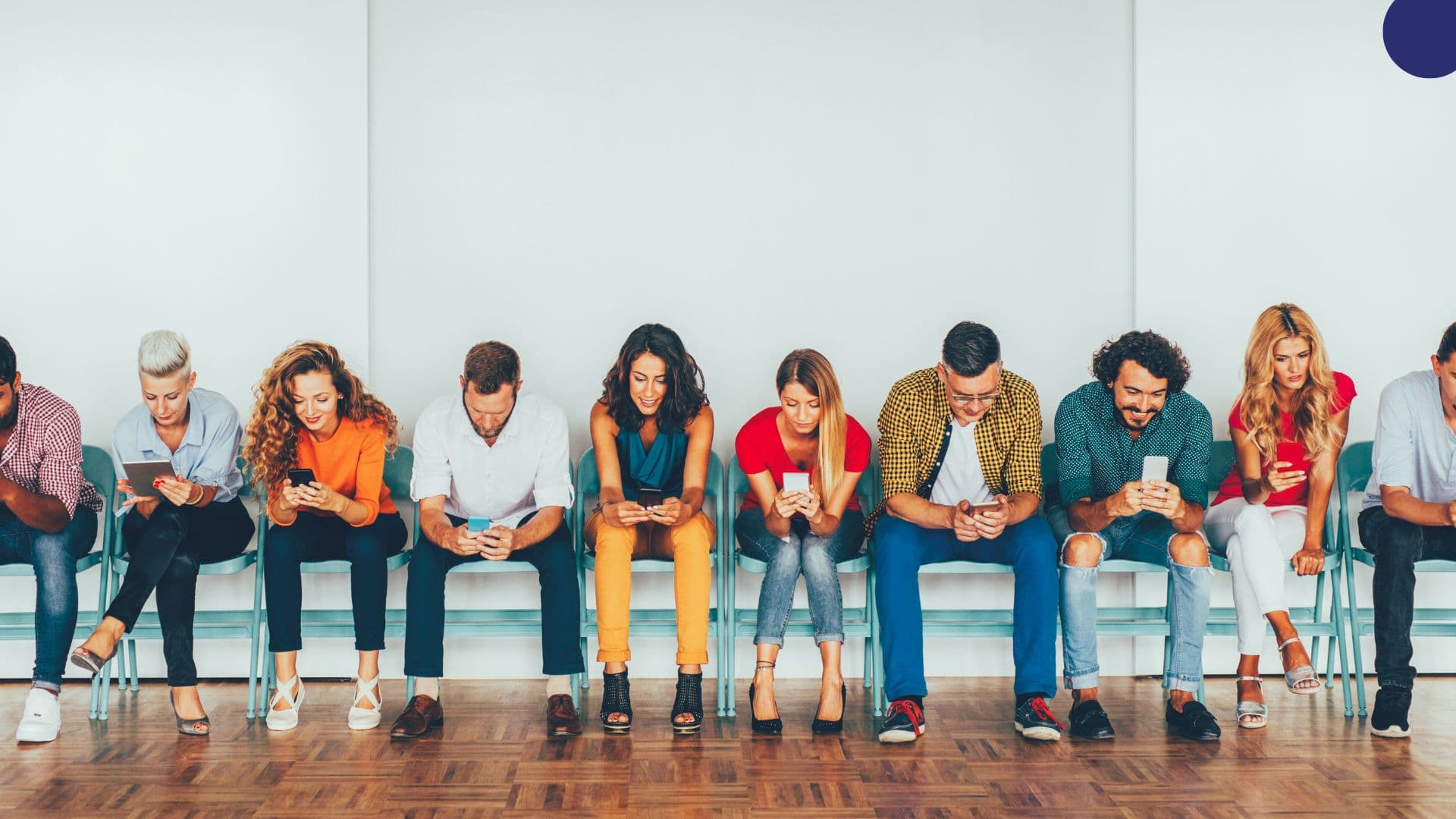Gaslighters

The Long-Term Effects of Gaslighting: Healing and Rebuilding Confidence
Gaslighting is a form of psychological manipulation that causes someone to doubt their perceptions, emotions, or memories. Over time, gaslighting can erode a person’s self-worth and confidence, leading to profound and long-lasting effects on mental health. Though it’s often associated with romantic relationships, gaslighting can occur in various settings, including families, friendships, and workplaces. Understanding the toll it takes and how to heal from it is essential for anyone who has experienced this form of manipulation.

The Science Behind Online Therapy: Does It Really Work?
In recent years, the rise of online therapy has transformed how people access mental health care. What was once predominantly a face-to-face interaction has now moved to digital platforms, making mental health services more accessible than ever. But the big question remains: Does online therapy really work? Backed by scientific research, the evidence strongly supports the efficacy of online therapy, often showing comparable results to traditional in-person therapy for many mental health conditions.

How Social Media Affects Mental Health: Tips for Healthy Use
In today's digital age, social media is an integral part of our daily lives. From connecting with friends and family to sharing moments and ideas, platforms like Facebook, Instagram, and Twitter have transformed the way we communicate. However, while social media offers numerous benefits, it also has a profound impact on mental health that warrants attention. Understanding both the positive and negative effects can help us navigate our online interactions more mindfully.